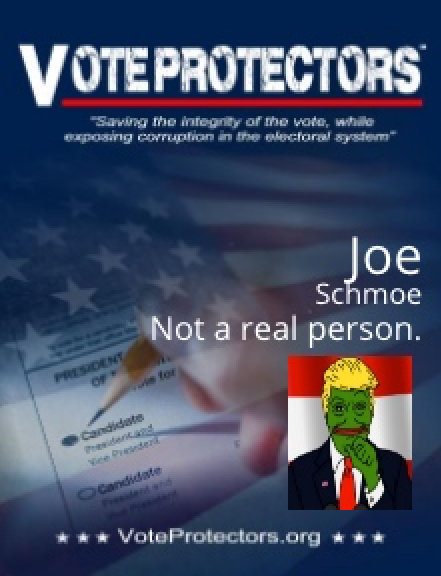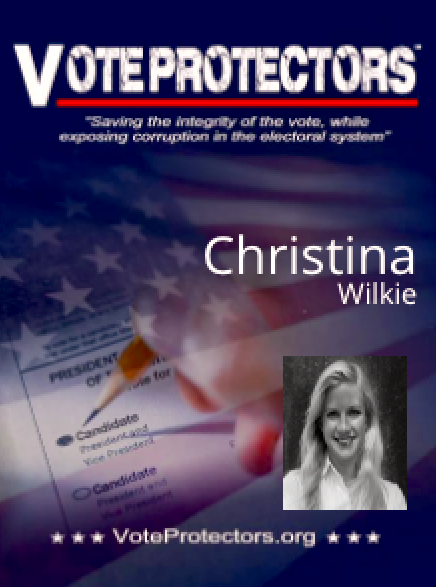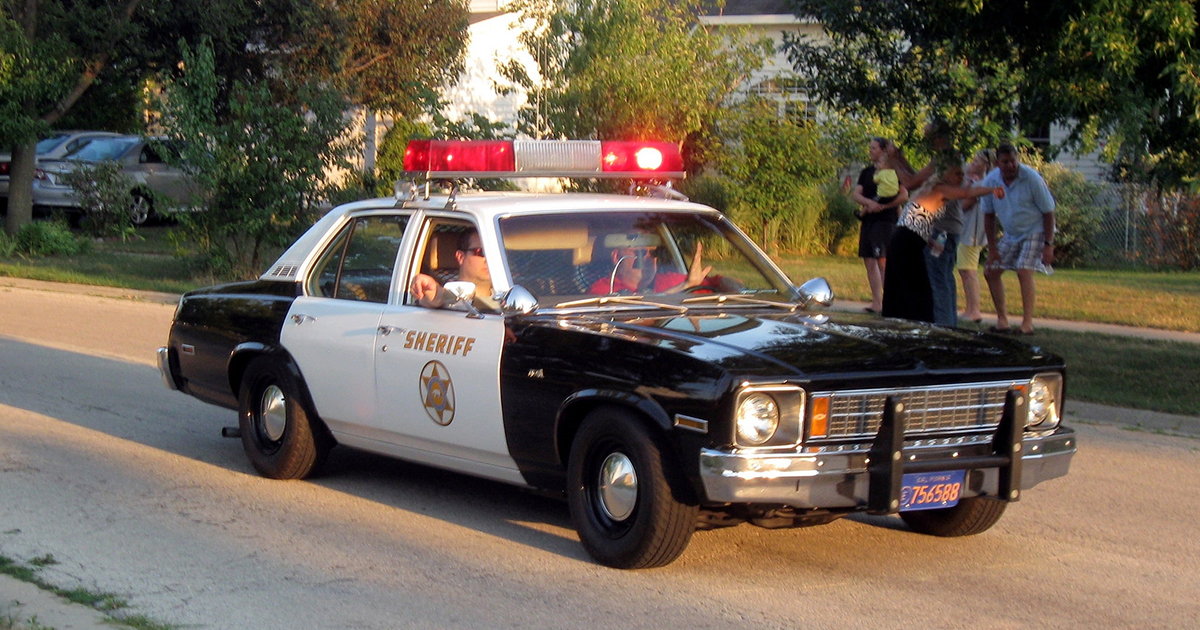3 Egregious Examples of Voter Harassment This Year

By:
Voting rights are a big topic in this election. There are controversial new voting laws in many states — including ID requirements and changes to early voting — that could prevent people from voting, especially minorities, the poor, and the disabled. Advocates have accused politicians of creating new requirements to harass and disenfranchise such voters.
A 2013 U.S. Supreme Court decision in Shelby County v. Holder eliminated some of the strongest civil rights protections in the 1965 Voting Rights Act. States and counties with a history of voter discrimination previously had to get clearance from the Department of Justice to change voting procedures. Now they don't.
But the Shelby decision isn't the cause of all new voter harassment.
Here are three egregious examples of voter harassment in the 2016 election season:
1. A white election board in Georgia stripped Black residents of their voting rights.
A mostly white elections board in Hancock County, Georgia, tried to force 180 registered Black voters in Sparta to appear in person and prove their legal residences, The New York Times reported. Summonses sent to the voters' homes by law enforcement officers required them to appear in person or lose their status as registered voters.
Marion Warren, a Sparta elections official, documented the alleged voter intimidation and alerted advocates.
"A lot of those people that was challenged probably didn't vote, even though they weren't proven to be wrong," Warren told the Times. "People just do not understand why a sheriff is coming to their house to bring them a subpoena, especially if they haven't committed any crime."
The 1965 Voting Rights Act would have required the county to get approval from the U.S. Department of Justice before making such a demand in the past, but the Shelby decision eliminated that requirement. Advocates sued the county elections board, and a federal court required that the voters be re-registered.
County attorney Barry A. Fleming, a Republican state representative, told the Times that the elections board simply intended to restore order to a previously incompetent and corrupt elections process.
2. Donald Trump supporters created fake badges to observe polling locations.
Republican presidential nominee Donald Trump has repeatedly falsely alleged that there is widespread voter fraud. That has emboldened a legion of self-styled Trump "poll watchers" whom critics fear will intimidate voters.
"I'll look for, ... well, it's called racial profiling. Mexicans. Syrians. People who can't speak American," a Trump supporter told the Boston Globe. "I'm going to go right up behind them. I'll do everything legally. I want to see if they are accountable. I'm not going to do anything illegal. I'm going to make them a little bit nervous."
 Huffington Post - huffingtonpost.com
Huffington Post - huffingtonpost.com
Roger Stone, a long-time Trump supporter and former advisor, leads a group called Vote Protectors, whose website provides untrained Trump supporters fake badges for their poll observing. Stone took the site down after Huffington Post reporter Christina Wilkie asked him about the badges.
Wilkie was able to create her own badge with the site's I.D. badge generator before that and said the site allowed the creation of an unlimited number of such badges.
 Huffington Post - huffingtonpost.com
Huffington Post - huffingtonpost.com
Vote Protectors supporters planned to use the badges while shooting video of voters and conducting exit polls, The Huffington Post reported.
Stone declined to answer HuffPost's questions about the badges after initially denying that he knew anything about them.
3. An election board in Georgia tried to put a polling location in a sheriff's office.
The Macon-Bibb County Board of Elections tried to move a polling location from a community gym in a predominantly Black neighborhood to the sheriff's office, the Macon Telegraph reported. Advocates argued that putting the polling location inside the sheriff's office would discourage Black voters.
 Flickr/Inventorchris - flic.kr
Flickr/Inventorchris - flic.kr
The Georgia Coalition for the People's Agenda, the Georgia NAACP, and the Lawyer's Committee for Civil Rights Under Law sent a strongly worded letter to the board of elections in April.
"Law enforcement has unfortunately played a central role in the suppression of the African-American vote through the course of our nation's history," the letter said, WMGT reported.
Election officials said they simply wanted to move the location because the gym is under renovations, and the sheriff's office was available. A community petition backed by the Georgia Conference of the NAACP stopped the move; voting will now take place in a church facility instead.
Honorable Mention
Police raided a Black voter registration office in Indiana.
Patriot Majority USA, a progressive advocacy group, accused Republican vice-presidential candidate Indiana Gov. Mike Pence of allowing voter intimidation in his state. Allegations of voter fraud led state police to raid the offices of the Indiana Voter Registration Project — which focuses on registering Black voters — in an Indianapolis suburb in early October, The Washington Post reported. A police spokesman told local media that at least 10 applications appeared fraudulent.
The raid took place one week before the state's deadline for voter registration, and Patriot Majority USA said that up to 45,000 people, mostly Black Americans, could be disenfranchised, the Post reported.
Both Pence's office and the state police denied that they were engaged in voter suppression.
"These allegations are completely false and beyond absurd. In fact, the Indiana State Police has uncovered strong evidence of voter fraud by Patriot Majority USA," Matthew Lloyd, Pence's deputy chief of staff, told The Washington Post. "Among Gov. Pence's top priorities is ensuring the integrity of the election and that every single Hoosier vote counts."
Some types of voter harassment qualify as outright intimidation.
The federal crime of voter intimidation includes attempts to threaten, coerce, or intimidate a voter in order to interfere with her right to vote for the candidate of her choosing.
The Department of Justice dispatches federal observers to historical problem areas each election in order to catch voter intimidation and to ensure that minorities and disabled people's right to vote is protected from discrimination, according to the Chicago Tribune.
But the Department of Justice warned that it's forced to send far fewer observers to the polls this year. When the 2013 U.S. Supreme Court Shelby decision gutted significant protections in the 1965 Voting Rights Act, it also removed some of the DOJ's authorization to send observers.
